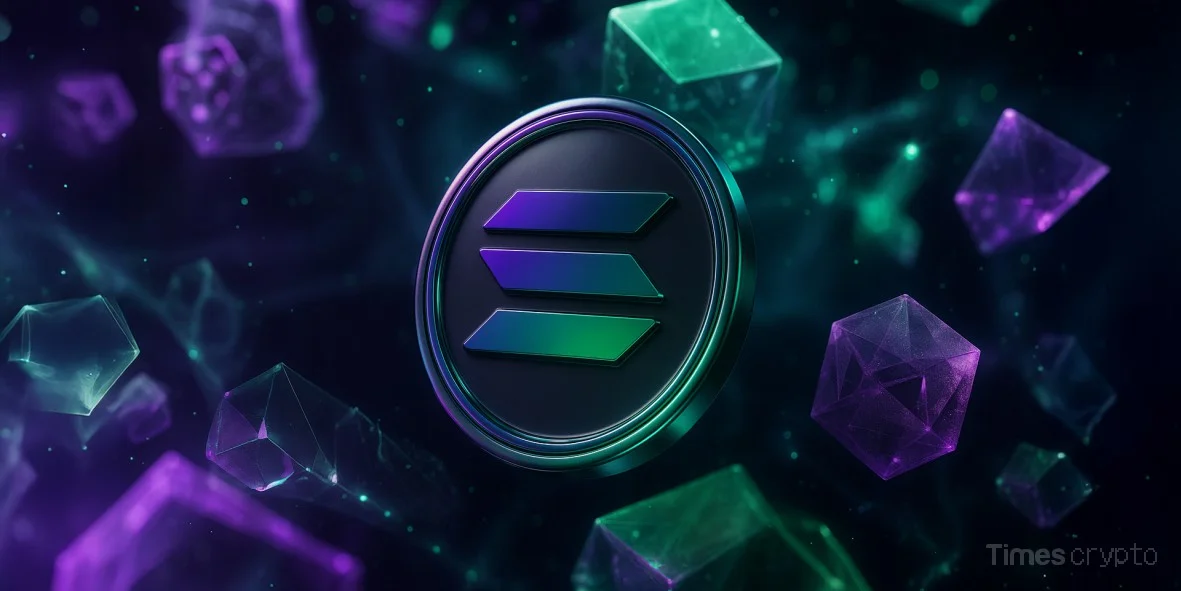solana mev is important information for everyone enthusiastic about contributing to the Solana blockchain's fast-growing network. As among the primary high-performance blockchains, Solana relies on a decentralized network of validators to steadfastly keep up security, process transactions, and keep consitently the ecosystem thriving. If you are considering owning a validator node, knowledge the electronics needs is an essential first step.

Why Equipment Matters for Solana Validators
Validators enjoy a essential role by grading transactions, making new blocks, and participating in consensus. Solana's unique proof-of-history (PoH) combined with proof-of-stake (PoS) agreement allows it to process tens and thousands of transactions per next, but this rate needs sturdy and trusted hardware.
Managing a validator with inferior hardware may lead to overlooked prevents, penalties, and bad system performance. Thus, having the best setup assures your node adds effectively and earns staking rewards.
Minimum Electronics Demands for Solana Validators
To begin a validator node on Solana's network, the next will be the minimum electronics needs encouraged for optimum performance:
• CPU: 12 cores / 24 posts, modern processors (e.g., AMD Ryzen 9 or Intel i9)
• RAM: At the very least 128 GB DDR4 storage to take care of exchange control and ledger knowledge
• Storage: NVMe SSD with at the very least 1 TB capacity to control the rapidly read/write procedures of the ledger
• System: Reliable high-speed web connection with minimum 300 Mbps add and get rate to keep synchronization
• Running Program: Linux-based OS (Ubuntu or CentOS recommended) for stability and compatibility
Why These Requirements Matter
Solana's rapidly block times and large throughput require a CPU effective at handling several similar jobs efficiently. Large RAM guarantees smooth processing of transactions and ledger updates, while NVMe SSDs provide the speed required to read and write data easily, stopping delays that might trigger validator slashing.
Network reliability is crucial, as validators must keep on the web and responsive to avoid downtime penalties.
Extra Factors

While these are minimal features, several validators opt for even more powerful electronics to enhance efficiency and future-proof their installations because the network scales. Running monitoring instruments and backup programs also assists ensure validator uptime and security.
For anyone a new comer to operating nodes, many neighborhood sources and hosting services provide managed validator companies, reducing technical burdens while ensuring equipment needs are met.
Realization
In summary, the Solana Validator Manual: Minimum Hardware Demands stresses the significance of an effective, high-performance program to keep up system health and increase staking rewards. With the proper hardware, validators play an important position in securing Solana's quickly and scalable blockchain, unlocking interesting options for involvement in the growing crypto ecosystem. Whether you're a veteran agent or perhaps a newcomer, investing in appropriate electronics is the building blocks for an effective Solana validator experience.
